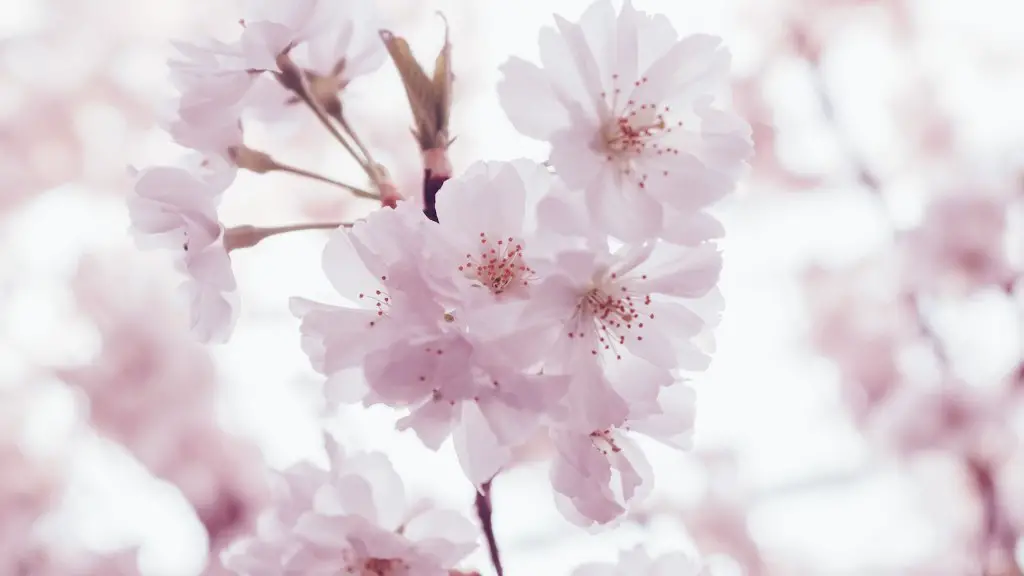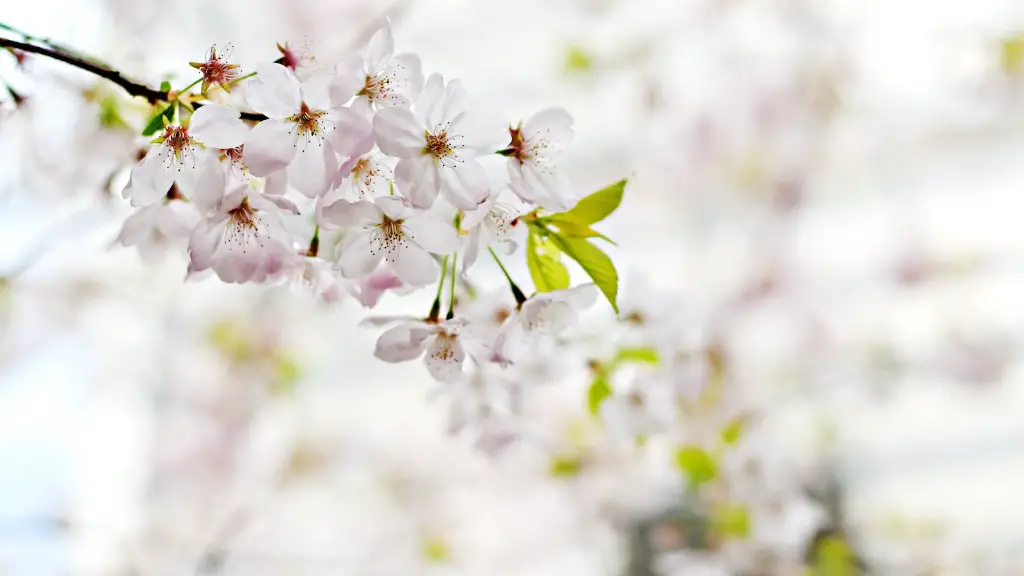Alabamians can gloriously grow lemon trees in their homes and gardens. In the right conditions, they can yield juicy lemons all year round. Even without a green thumb, a basic understanding of lemon tree care can be all it takes to produce a plentiful yield. It is possible to score a lemon tree from the local nursery or order online from online growers. While it’s ideal to have a lemon tree that is developed for the local climate, it’s still possible to maintain citruses with proper care.
Understanding the climate requirements for lemon trees is important. When purchasing a lemon tree, check the label to see if it’s been locally grown and deemed suitable for your region. If not, make sure you get one that will at least survive the region’s winter temperatures. In Alabama, that’s at least 24 degrees Fahrenheit.
It’s also essential to know the type of soil that helps a lemon tree to thrive. Generally, they prefer rich but well drained soil that’s slightly acidic. If your soil is basic, adding sulfur to the planting mix will help acidify it. It’s also important to plant your lemon tree in a location that gets a good amount of sunny days so that it can get the energy it needs to produce lemons.
Water is also a huge factor in sustaining your lemon tree. During the hotter months, ensure your lemon tree gets enough water and doesn’t dry out. The easiest way to do this is to water it deeply every other day. During the winter, you should probably water it once every week. Adding mulch to the soil’ surface can help keep the soil moist too.
Insects and diseases can be a big problem when it comes to lemon trees. To surmount this, use pesticides regularly and be sure to cover the tree completely when spraying. It’s also important to prune the lemon tree correctly so that it can grow in a healthy and balanced way. Pruning can help to remove dead branches, spurs, and water shoots that can impede with thriving lemon production.
In general, lemon trees respond well with mundane care and can even succeed Alabama’s warm temperatures. The key is to start with a lemon tree suited to the region and stay on top of pest control, watering, and pruning. With just a bit of dedication and patience, Alabamians can have a robust lemon tree producing many lemons for years to come.
Winter Care for Lemon Trees in Alabama
Caring for a lemon tree during the winter is essential for survival. While Alabama may not experience extremely cold temperatures during the winter months, the lemon tree still requires extra protection. Here are the best winter care tips for lemon trees in Alabama.
Firstly, keep your lemon tree sheltered during the winter months. Plant it in partial sun or in a spot where it is sheltered from strong winds. It’s also important to add a layer of mulch to the soil during winter weather to protect the delicate root system.
Watering your lemon tree properly is also a very important factor. During the winter, make sure that your lemon tree is kept hydrated and not in a state of drought. This will prevent the roots from freezing and becoming damaged. Make sure to water the tree every week if temperatures remain low.
Lastly, apply the right fertilizer for wintertime. Choose one that’s specifically formulated for citrus trees and contains appropriate ratios of potassium, nitrogen, and phosphorous. Apply the fertilizer in late winter, typically between February and March. Be sure to follow instructions carefully and not over-apply.
Protection from Pests & Diseases
When caring for a lemon tree, protecting it from pests and diseases is paramount. Many common pests, such as aphids, whiteflies, and mealybugs can easily invade lemon trees, leaving them with weakened leaves and branches. To keep these pests away, spraying a pesticide or insecticide is essential.
Choosing the right pesticide is essential. Always read the label to be sure it is suitable for a lemon tree. An insecticidal soap or oil spray is best, as they target and kill specific insects without harming other beneficial insects. In addition, always cover all sides of the lemon tree when spraying. For maximum effectiveness, use these products in the early morning or evenings when the sun’s intensity is low.
Unfortunately, lemon trees can also be affected by diseases, such as leaf spots and cankers. Fortunately, there are some measures you can take to keep them healthy. Firstly, planting lemon tree in well-draining, fertile soil and providing it with enough water and sun can be a huge help. Secondly, keep debris and fallen branches away from the tree in order to prevent pests from hiding in them.
Lastly, be sure to prune the tree correctly. Prune off dead, diseased, and weak branches at the first signs of trouble. During late winter and early spring, pruning is particularly important, as this is the time when diseases are most likely to occur. If the lemon tree is heavily infected with a fungus or bacteria, trim off the severely affected branches to help the tree heal itself.
How To Harvest Lemons
Harvesting lemons requires some care in order to get the most out of your bounty. The best time to harvest lemons is when they’re still green but with a hint of yellow. To test the ripeness of a lemon, run your fingernail over the skin to look for blemishes or discoloration. Lemons are ready for harvest when their stems are hard, their nails do not break the skin and when their color has gone from green to yellow.
When it’s time to harvest, use scissors or a sharp knife to snip the lemons from their stems. Be sure not to pull them off, as this can harm the tree. It’s best to clean the scissors or knife before harvesting so you don’t spread any bacteria or disease to other fruit.
Also be sure to let the lemons ripen properly. If they’re not yet ripe and you harvest them, they will not taste as good and won’t be as juicy. When it comes to gathering the lemons, it is best to use a soft cloth, gently cup your hands behind the lemon and gently twist before lightly dropping it in the container.
When it’s time to store your lemons, be sure not to pile them high. Place them in a single layer in a box or a cool, dark place. You can even put them in the refrigerator, where they’ll last up to four weeks.
Other Uses for Your Lemon Tree
Not only do lemon trees produce sweet, juicily lemons, they can also be used in many different ways to serve practical and decorative purposes. As many Alabamians know, lemons are a key ingredient in cooking and baking. They can also be used to make a variety of sauces, dressings, marinades, and drinks. Lemon juice has even been used as a natural cleaning agent for years, as it effectively cuts through grease and bacteria.
Lemon trees can also be used decoratively in your home. Long branches can easily be added to your home’s décor, either indoors or out. Decorating with lemon tree branches may seem like a strange notion, but it’s actually a beautiful way to bring nature indoors and create an inviting ambience.
Finally, don’t forget to enjoy the subtle scent and scent of your lemon tree. The aroma from several lemons on the tree can be quite calming when enjoyed on a warm summer evening. You can also incorporate fresh lemon oil in your home, either through diffusers or simple sprays. Not only is it delightful to smell, but lemon oil also serves to neutralize bad odors.


